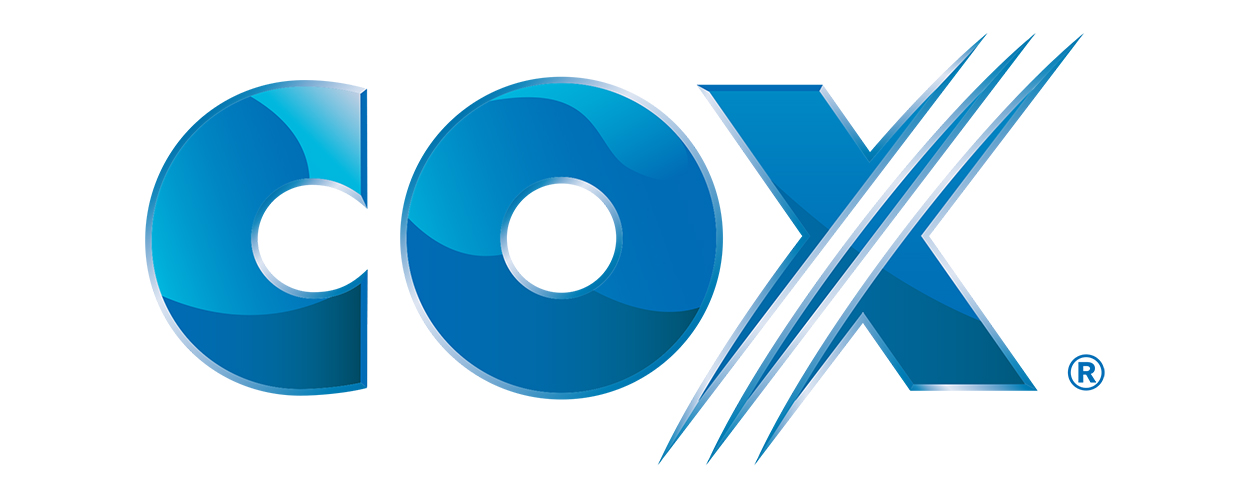This website uses cookies so that we can provide you with the best user experience possible. Cookie information is stored in your browser and performs functions such as recognising you when you return to our website and helping our team to understand which sections of the website you find most interesting and useful.
Business News Digital Labels & Publishers Legal
BMG rejects Cox Communications’ First Amendment argument
By Chris Cooke | Published on Monday 10 July 2017

BMG has rejected a recent new argument presented by US internet service provider Cox Communications in the two companies’ ongoing dispute over piracy and safe harbour.
Cox, of course, was found liable for its users’ copyright infringement in 2015 after it was shown to pay only a lip service to its own policies to deal with repeat infringers amongst its customer base. That – the US courts concluded – meant that the ISP no longer enjoyed safe harbour protection in relation to its users’ conduct.
It was ordered to pay BMG $25 million in damages but is currently appealing that ruling. And last month it entered a new argument citing a recent ruling in the US Supreme Court that had nothing to do with music, but considered an individual’s right to access the internet.
As previously reported, in that case it was ruled that convicted sex offenders cannot be banned from social media, because doing so would violate their free speech rights under the First Amendment of the American Constitution. Cox argued that if the courts can’t ban convicted sex offenders from social media, it shouldn’t have to disconnect its customers’ internet access based on unproven claims of copyright infringement.
The ISP said in a court filing: “[This case] is directly relevant to what constitute ‘appropriate circumstances’ to terminate internet access to Cox’s customers. The decision emphatically establishes the centrality of internet access to protected First Amendment activity”.
BMG does not agree.
In a response, the music rights firm says: “The First Amendment does not guarantee Cox’s subscribers the right to use Cox’s internet service to steal music any more than it prevents Cox from terminating subscribers who violate Cox’s policies or fail to pay their bills”.
It goes on: “Just as criminalising the use of Facebook for sexual exploitation does not violate the First Amendment, the civil law of copyright liability may incentivise ISPs to terminate those subscribers who repeatedly use their service to infringe”.
So, there you go. The squabble continues.





